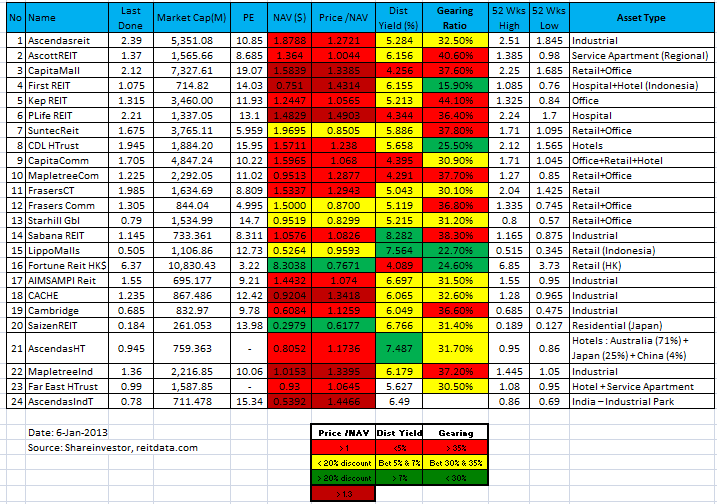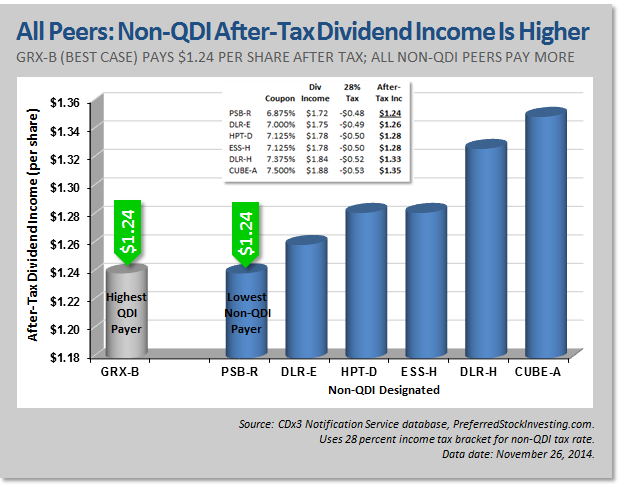Understanding REITs Dividend Earner
Post on: 3 Апрель, 2015 No Comment

A Real Estate Investment Trust (REIT ) is a company that invests in property through purchasing real estate or mortgages. REITs are alternative assets, uncorrelated to investments like bonds or precious metals. Knowing how REITs work is an important part of understanding proper asset allocation and building wealth. They can be a good way to diversify a portfolio, but we will explore the downsides as well.
REITs are different from other investments. They are unique because they allow investors to hold a wide range of domestic and foreign real estate. Owners may profit from the price appreciation on the REIT itself, as well as the income derived from rent or mortgage payments.
REIT Types
There are a number of different REITs available:
- Retail REITs. These invest directly in retail property and malls to generate rental income. Retail shopping centers, malls, hotels, and apartment buildings are just a few examples of what they hold. Some REITs can be very specific and invest in just one type of property or one geographic area. RioCan (REI.UN) is the largest one in Canada. Residential REITs. These invests in rental apartments. Healthcare REITs. These REITs are focused on medical office space, nursing and retirement homes. Mortgage REITs. These buy mortgages or mortgage-backed securities rather than investing directly in property. This type of REIT gets income in the form of mortgage interest payments. Hybrid REITS. Hybrids attempt to profit from both strategies. They invest in a combination of equity and mortgage REITs.
Obviously, the type of REITs should matter to you. As an example, RioCan owns a lot of building where Wal-Mart goes. The type of business and the stability of the businesses should matter.
Are REITs A Good Investment?
REITs should be part of a properly balanced portfolio. But like other investments, they have some shortcomings.
REITs might seem more stable than stocks or bonds because they invest in real estate. That is not the case. It is true that REITs are uncorrelated to other investments, but they can be just as volatile as stock. And many “uncorrelated” investments can lose value at the same time. We all saw this during the market correction in 2008.
Despite that, REITs do offer several advantages. They are liquid and trade easily. They allow the option of committing smaller amounts of capital. For some, that is better than spending comparatively larger sums to buy actual real estate. REITs give investors access to foreign and domestic real estate markets that would have previously been out of reach. They also offer a good yield in the form of interest or mortgage payments.
How To Invest In REITs

You can buy REITs a few different ways:
- REIT Stocks. Purchase REIT stock through your broker or directly from the company itself. Many REIT companies have a DRIP program available. As we explored in a previous post, DRIPs can be a great way for investors to build a low cost stock position over time.
- ETFs or Mutual Funds. ETFs and mutual funds a more diversified way to invest in REITs. For example, the Vanguard REIT ETF (VNQ) invests in domestic (American) real estate and has a low expense ratio. The SPDR DJ International Real Estate ETF (RWX) is a good choice for investors who want to add international real estate exposure.
REITs should be part of your portfolio. They offer diversification and a solid yield. Despite that, they can be risky investments. 10% to 15% is probably a good diversification for your portfolio. Some individuals with significant physical real estate holdings may want to skip holding REITs altogether. The amount you ultimately decide to purchase depends on your individual circumstance.
Readers: Are you a REIT investor? Do you prefer Real Estate over REITs?
Full Disclosure: I hold a position in RioCan (REI.UN).
Disclamer: Please note that this blog post represents my opinion and not an advice/recommendation. I am not a financial adviser, I am not qualified to give financial advice. Before you buy any stocks/funds consult with a qualified financial planner. Make your decision at your own risk see my full disclaimer for more details.
Image courtesy of cooldesign / FreeDigitalPhotos.net














